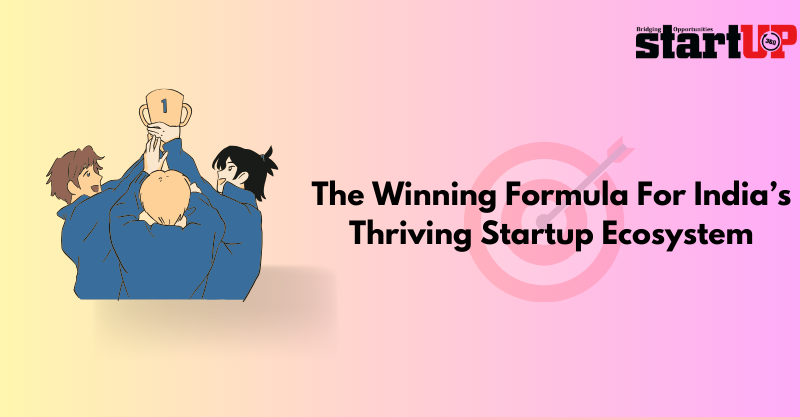The Winning Formula For India’s Thriving Startup Ecosystem
As of March 2024, India proudly stands as the third-largest startup ecosystem globally, boasting over 1.23K startups. However, the competition in this thriving environment demands agility and adaptability like never before.
In the face of relentless market shifts and evolving customer preferences, startups must shed traditional, operations-heavy approaches in favor of flexible, agile models. This transformation is imperative to navigate uncertainty and seize opportunities efficiently.
Flexibility in the Face of Volatility
The contemporary business landscape is characterized by volatility, uncertainty, complexity, and ambiguity (VUCA). In such an environment, flexibility is not merely an advantage but a prerequisite for survival and growth. Startups must pivot swiftly to address changing customer demands, regulatory landscapes, and market disruptions. Adopting a flexible approach to product development, operations, and workforce management empowers startups to adapt without being bogged down by heavy operations.
Leveraging Disruptive Technologies for Streamlining Operations
Integrating technology across operations is essential for startups to reduce operational complexity. Cloud services enable scalability, automation enhances efficiency, and AI-driven insights facilitate strategic decision-making. Disruptive technologies like AI streamline tasks, from customer service to inventory management, freeing up resources for innovation.
Harnessing Data Analytics for Informed Decision-Making
Data analytics offers invaluable insights into customer behavior, market trends, and internal processes. Startups can redirect strategies in real-time based on actionable data, optimizing supply chains, tailoring marketing strategies, and meeting dynamic customer needs.
Outsourcing to Focus on Core Competencies
Outsourcing ancillary functions like HR, finance, and IT allows startups to concentrate on their primary value proposition. This focus enables rapid innovation and iteration without being weighed down by operational responsibilities.
Building Flexible and Collaborative Ecosystems
Participating in collaborative ecosystems enables startups to share resources, insights, and innovations, fostering innovation and resilience. Shifting to a project-based workforce facilitates scaling, while sustainable operational practices reduce waste and costs.
Road Ahead: A Promising Future
India’s startup landscape is poised for significant growth, with market size projected to reach $1.3 trillion by 2025. By embracing flexibility, leveraging disruptive technologies, and fostering a data-driven, customer-centric approach, startups can position themselves for long-term success in this dynamic ecosystem.

